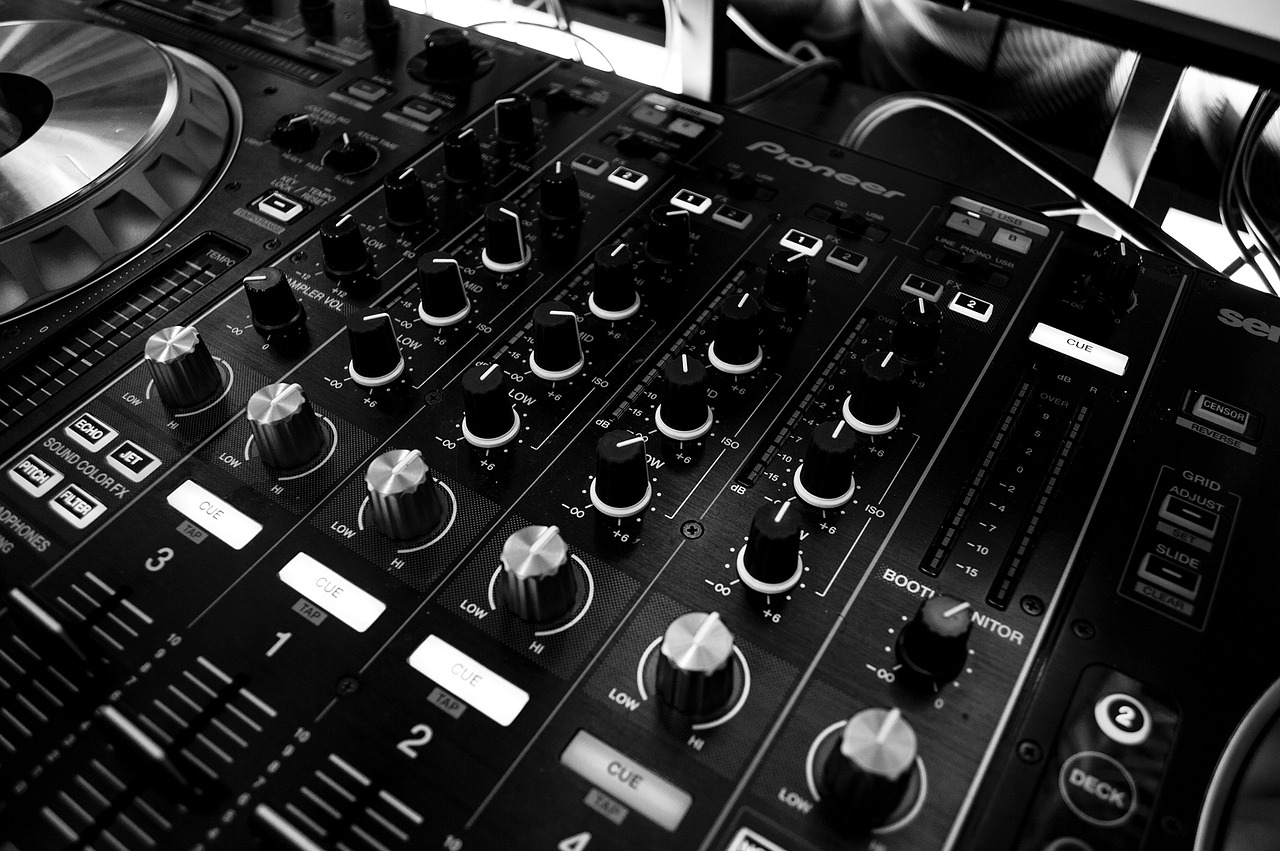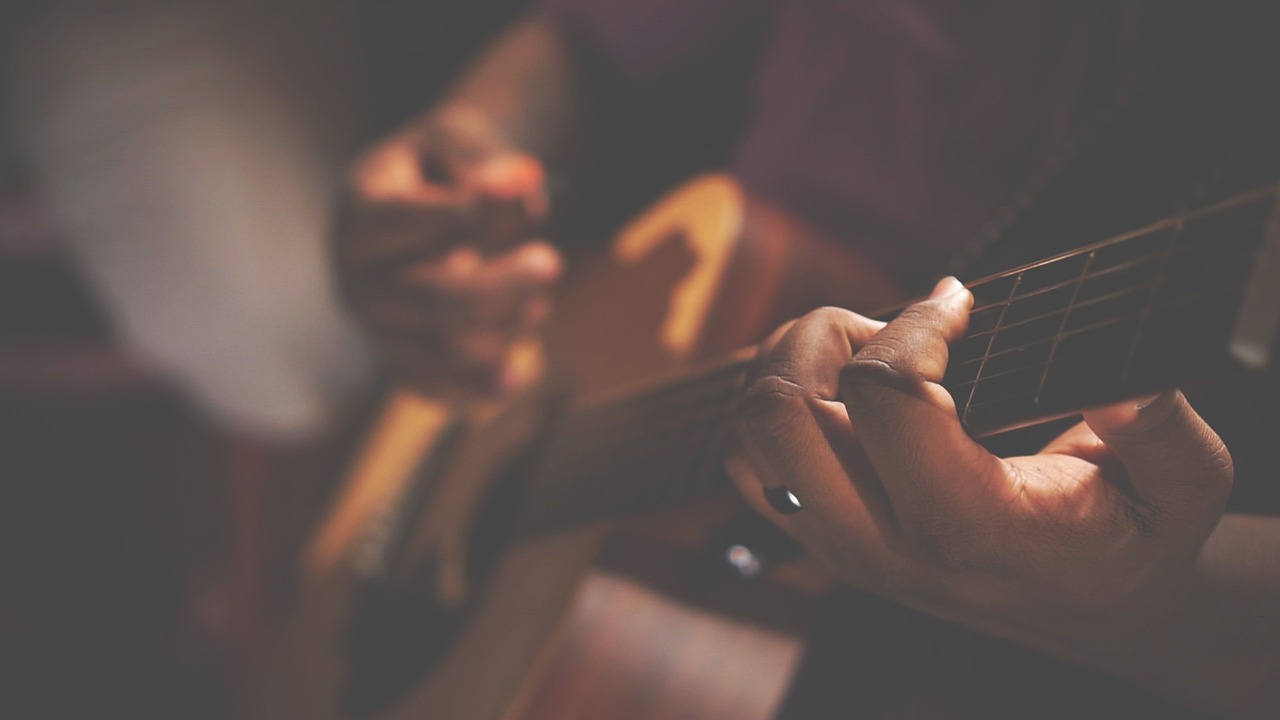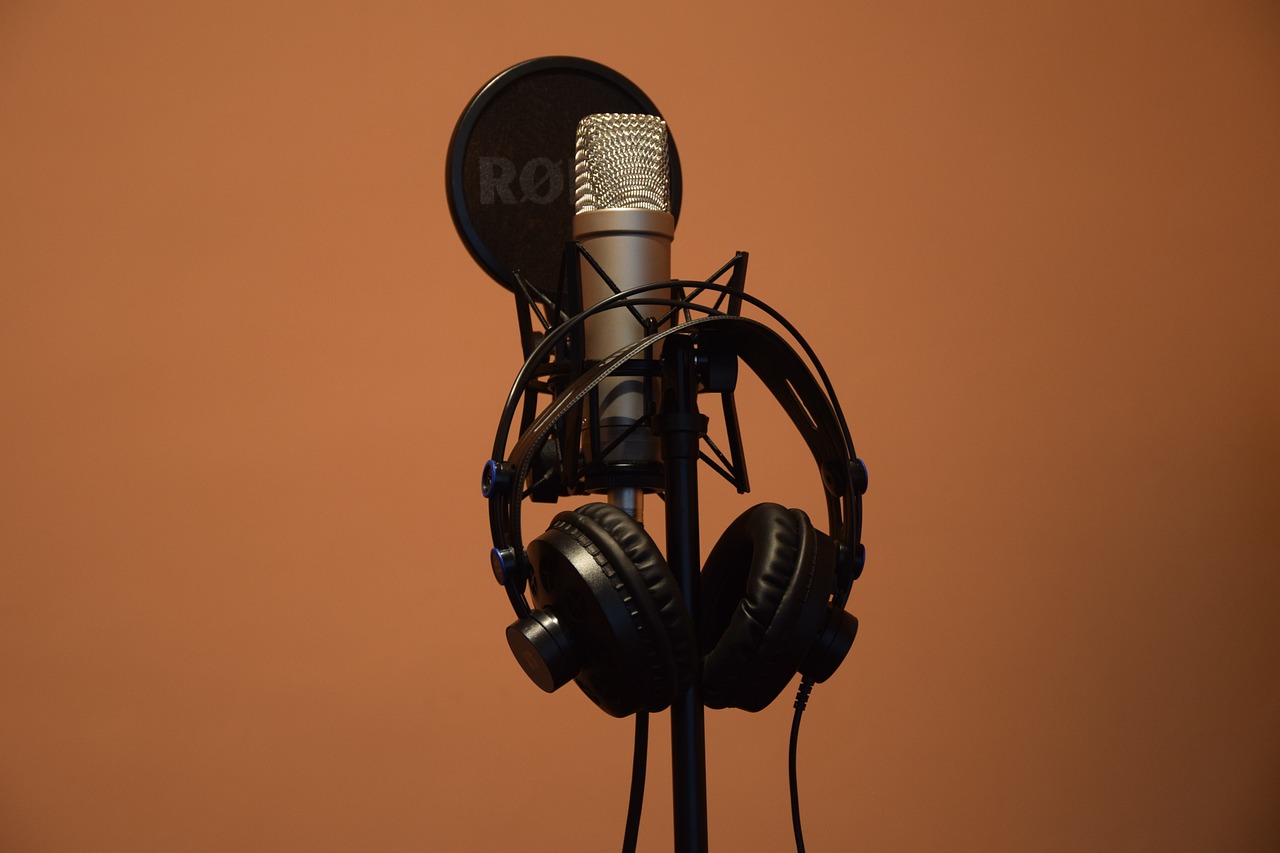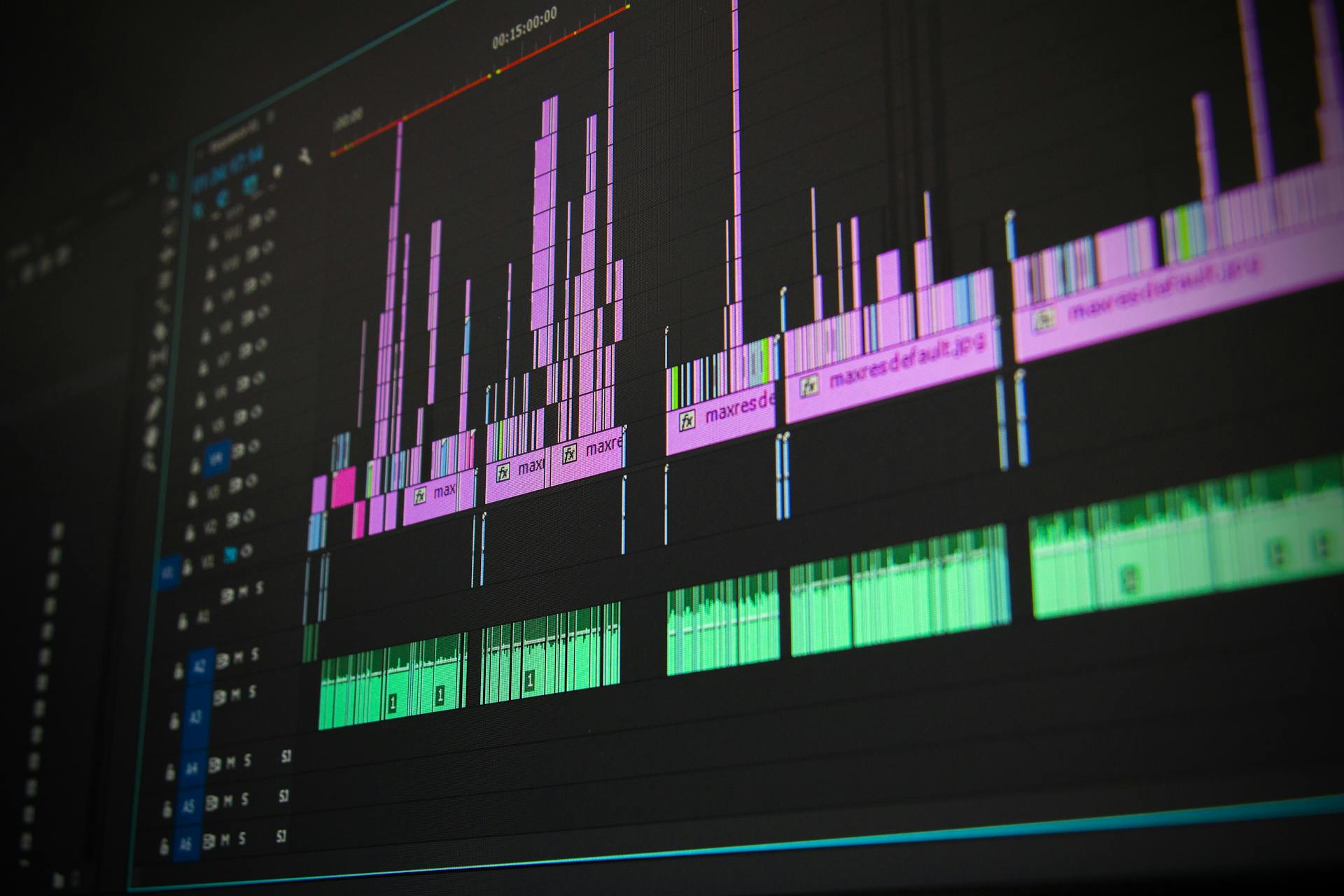In the music industry, understanding copyright and licensing is crucial for both creators and users of music. These two concepts, while interconnected, serve distinct purposes and play different roles in the lifecycle of a musical work. For musicians, filmmakers, content creators, and other industry professionals, knowing the difference can prevent legal issues, ensure fair compensation, and promote ethical usage of music.
What is Copyright in Music?
Copyright is a legal protection granted to creators of original works, including music. It safeguards the creator’s exclusive rights to control how their work is used, distributed, and reproduced. Copyright covers the composition (melody, harmony, and lyrics) and, in many cases, the sound recording of the music.
Rights Covered
Music copyright typically includes the following exclusive rights:
- Reproduction: The right to make copies of the music.
- Distribution: The right to distribute copies to the public.
- Public Performance: The right to perform the music publicly.
- Derivative Works: The right to create new works based on the original music (e.g., remixes or adaptations).
Examples
Consider a songwriter who composes a melody and writes lyrics. This songwriter automatically owns the copyright to the composition. If they record the song, the recording itself may also be protected by copyright.
What is Music Licensing?

Licensing is the process of granting permission to use copyrighted music in specific ways. It ensures that users of the music, such as filmmakers, advertisers, or content creators, comply with copyright law by compensating the rights holder for their work.
Types of Licenses
Licenses vary depending on how the music will be used. Common types include:
- Mechanical License: Allows the reproduction and distribution of a song, such as when covering a song or pressing CDs.
- Sync License: Permits the use of music in synchronization with visual media, such as films, TV shows, or advertisements.
- Performance License: Covers the public performance of a song, whether live or via platforms like radio and streaming services.
- Master Use License: Authorizes the use of a specific sound recording, often alongside a sync license for visual media projects.
Examples
If a filmmaker wants to use a popular song in their movie, they must obtain a sync license from the copyright holder. Similarly, a YouTuber who includes a song in their video might need both a sync and a performance license to comply with copyright law.
Key Differences Between Copyright and Licensing
Ownership vs. Permission
Copyright is about ownership of the music. It is granted to the creator or rights holder and serves as a legal acknowledgment of their control over the work. Licensing, on the other hand, is about permission. It enables others to legally use copyrighted music under specific terms.
Rights Holder vs. Licensee
The copyright holder retains the exclusive rights to their work. They may grant licenses to others, known as licensees, who wish to use the music. For example, a music producer may license a track to a company for use in an advertisement.
Creation vs. Usage
Copyright pertains to the creation of music and its protection under the law. Licensing focuses on the usage of that music, providing a legal framework for its application in various contexts.
How Do They Work Together?
To illustrate the relationship between copyright and licensing, consider the following scenario:
- A musician writes and records a song, thereby owning the copyright to both the composition and the sound recording.
- A filmmaker wants to use the song in a movie. To do so legally, they must obtain a sync license for the composition and a master use license for the recording.
- The musician or their representative (e.g., a record label or publishing company) grants these licenses, often in exchange for a fee or royalties.
This symbiotic relationship ensures that the creator retains control over their work while enabling its use in a variety of creative projects.
Why Understanding the Difference Matters

Preventing Copyright Infringement
Using copyrighted music without proper licensing can lead to legal consequences, including fines and lawsuits. Understanding the difference between copyright and licensing helps users avoid infringement.
Ensuring Fair Compensation
Licensing provides a way for creators to monetize their work. By granting licenses, rights holders can earn royalties or licensing fees, ensuring they are compensated for their efforts.
Facilitating Legal Usage
For users, understanding licensing simplifies the process of acquiring music legally for projects, ensuring compliance with copyright law and avoiding potential disputes.
Common Misconceptions
“Copyrighted music is free to use if credited.”
Providing credit to the creator does not replace the need for a license. While attribution is important, it does not grant permission to use copyrighted music.
“Licensing transfers ownership of the music.”
Licensing only grants permission to use the music under specific terms. Ownership of the copyright remains with the original creator or rights holder.
“Royalty-free means no license is needed.”
Royalty-free music still requires a license to use. The term “royalty-free” means the user pays a one-time fee for the license rather than ongoing royalties.
Visit Hoopr Smash to license copyright-safe, trending Bollywood songs from popular labels for your social media content. Get high-quality music for reels and shorts hassle-free!
Conclusion
Understanding the difference between copyright and licensing in music is essential for creators and users alike. Copyright provides the foundation by protecting the creator’s rights, while licensing acts as the bridge that enables the legal use of music. By respecting copyright and obtaining the appropriate licenses, we ensure that creators are fairly compensated and that their work continues to inspire and enhance our lives. Whether you’re a musician, filmmaker, or content creator, taking the time to understand these concepts will benefit your projects and uphold the integrity of the creative industry.


